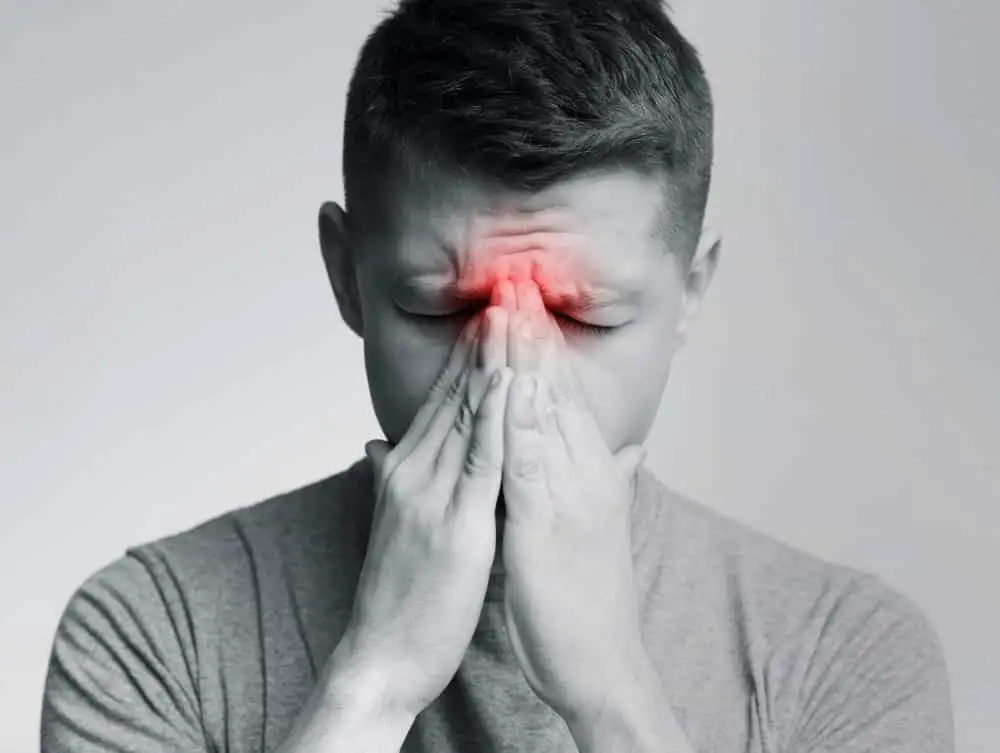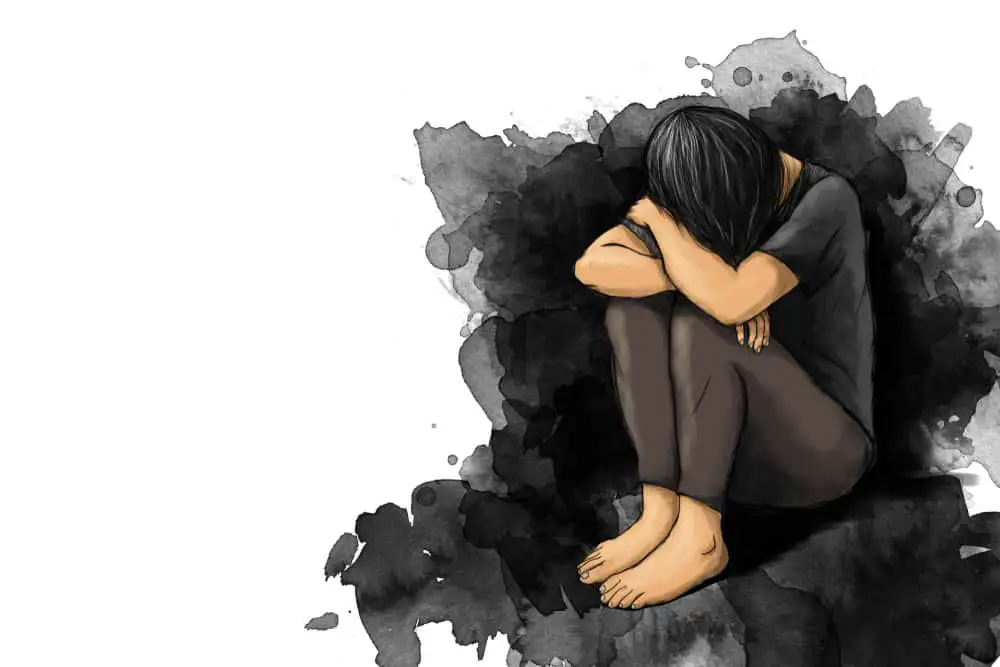There are over 400,000 people in Australia with dementia and of those around 55% are women. Dementia is the single greatest cause of disability in Australians over the age of 65, and it is the second leading cause of death in the country. However, dementia is not a normal part of the ageing process and in most cases is not inherited.
It’s important to act on any dementia symptoms early to ensure a proper treatment and planning strategy is put in place for your loved one. Here are some of the early dementia signs and how your GP can help diagnose the condition.
What Is Dementia?
Dementia is not one specific disease and it describes a collection of symptoms caused by disorders affecting the brain. It affects behaviour, thinking and the ability to perform everyday tasks and brain function is normally affected enough to interfere with normal social and working life.
What Causes Dementia?
There is a range of different types of dementia and each has its own causes. The most common types are Alzheimer’s disease, Dementia with Lewy Bodies (DLB), Vascular Dementia, Huntington’s Disease, Fronto Temporal Lobar Degeneration (FTLD), Creutzfeldt-Jacob disease and alcohol-related dementia which is called Korsakoff’s syndrome.
Symptoms Of Dementia
There are a number of conditions that produce symptoms similar to dementia which include stroke, depression, medication clashes or overmedication, some hormone and vitamin deficiencies, infections, brain tumours and excessive long-term alcohol consumption. Even if someone has symptoms of dementia it’s important not to assume they have it as many of these similar conditions can be treated. That’s why a firm medical diagnosis is crucial.
The early signs of dementia may not be immediately obvious and they can be very vague and subtle. They also depend on the type of dementia and can vary a great deal from person to person. Sometimes people fail to recognise the symptoms indicate that something is wrong and can mistakenly assume that such behaviour is a normal part of the ageing process. Symptoms may also develop gradually and go unnoticed for a long time, and in some cases, people refuse to act even though they know something is wrong. However, usually people first notice a problem with memory, particularly in remembering recent events. Some of the more common signs of dementia include:
Memory loss. It’s normal to occasionally forget appointments or phone numbers and remember them later, however, a person with dementia may forget things more often or not at all and this memory loss will affect day-to-day functioning.
Difficulty performing familiar tasks. We all get distracted from time to time, however, a person with dementia may have trouble performing normal tasks, such as preparing meals or going about their day-to-day activities. n\
Confusion about places and times. Sometimes we forget what day of the week it is, but usually only for a moment. Someone who is showing symptoms of dementia however may be confused about where they are or find it difficult finding their way to a familiar place.
Language problems. Most of us have trouble finding the right words sometimes, but someone with dementia may forget even simple words and sometimes even substitute inappropriate words that can make sentences difficult to understand.
Problems with abstract thinking. Yes, tasks like managing finances can be difficult at times, however, a person showing signs of dementia may have trouble even knowing what numbers mean.
Decreased or poor judgment. A person with dementia signs may have difficulty judging distances or directions when driving a car for example
Problems misplacing things. We’ve all probably misplaced keys or a wallet at least once, however people with dementia often consistently misplace belongings or put them in inappropriate places.
Changes in personality or behaviour. Mood changes are a normal part of life however someone with dementia can become suspicious, withdrawn, confused and even exhibit rapid mood swings for no apparent reason.
A loss of initiative. It’s quite normal to tire of activities and become less motivated about things sometimes however if your loved one has dementia they may show signs of reduced initiative or lose interest in activities they previously always enjoyed.
How Is Dementia Diagnosed?
It is essential that a medical diagnosis is obtained early, ie. when symptoms first appear, to ensure that a person who may have a treatable condition is diagnosed and treated correctly. If symptoms are actually caused by dementia, an early diagnosis will also mean access to information, support, medication if appropriate and planning strategies for the future.
The best place to start is by talking to your GP as only a doctor can diagnose the condition. Your doctor can also start to identify the type of dementia by performing a variety of assessments and screening tests. They may then offer a diagnosis or refer your loved one to a neurologist, a geriatrician, a psychiatrist or a Cognitive Dementia and Memory Service (CDAMS) clinic. Some of the assessments involved in diagnosing dementia include:
Medical history. Your doctor will ask your loved one about their family medical history, medication history, their past and current medical problems and thinking and behaviours that may be causing problems. Your doctor may need your assistance in terms of providing all of the necessary information about your loved one.
Physical examination. To help rule out other conditions, a physical examination may include tests of movement, the senses and heart and lung function.
Laboratory tests. These can include a variety of urine and blood tests and in some cases, a small sample of spinal fluid will be taken to identify any possible illness that could be responsible for symptoms.
How To Fix Sinus Headaches | Symptoms, Treatments, Causes
Sinus headaches can be extremely painful, but they are often misdiagnosed for migraines or regular headaches, which have different treatment options. In this article, we explore exactly what a sinus headache is, what causes them, and provide some of the best treatment options so that you can get some relief from your pain. What Is…
What Is The Difference Between A Psychologist & Psychiatrist?
If you’re struggling with mental health issues, you may be considering getting professional help. And if that’s the case, you might be asking yourself “what is the difference between a psychologist and a psychiatrist?” The confusion is justified because the two are very similar. But they do have distinct differences. In this article, we explore…
Is Depression Caused By A Chemical Imbalance? Debunked
The human brain is a highly complex organ that contains about 86 billion nerve cells. These can make a possible 1,000 trillion unique connections, and the cells themselves can send pulses of electrical information at speeds of up to 400 kilometres per hour4. It’s truly an amazing organ that has rocketed us to the very…




